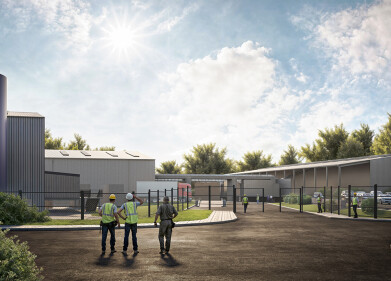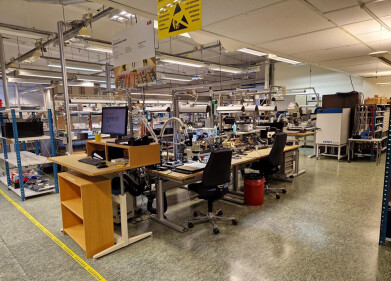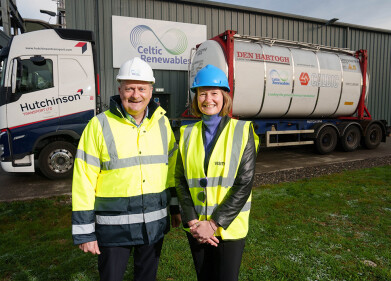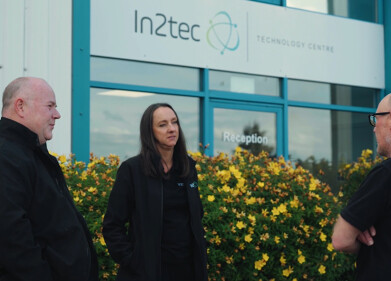Waste management
Recycle Week Beach Litter Research From Cromwell Polythene Reveals Recycling on the Go Has Room For Improvement
Sep 26 2017
Cromwell Polythene has undertaken a beach cleaning and litter surveying programme to mark Recycle Week (25 September – 1 October) and encourage maximum levels of recycling. Results indicate recycling on the go needs improvement.
‘Recycling – It’s Worth It!’ is the message being shared for Recycle Week, so a team of 24 volunteers from Cromwell Polythene, took to their local beach at Filey on the North Yorkshire coast to measure the impact of waste and champion community recycling best practice.
As well as being a waste of precious resources that could be re-used or recycled, beach litter is a threat to marine wildlife, tourism and the fishing industry.
The team, which supplies polythene products to aid recycling, worked alongside organisers, the Marine Conservation Society and volunteers from the Yorkshire Wildlife Trust’s Living Seas Centre, to pick and mark collections of litter found on the beach. Unfortunately, the variety and condition of litter collected meant that it was not viable to recycle (too dirty or degraded). In most cases, with hard plastics, the items could have been recycled if they had been placed for recycling immediately after use.
Results from Cromwell Polythene’s Recycle Week collection, conducted over a 100 metre radius of the beach showed the following levels of rubbish:
243 plastic/polythene items including bottles, caps, cups, packets and party poppers. The majority of items were fragments of larger pieces. Only one plastic bag was recovered.
19 rubber items including bits of balloon, pieces of dog balls and part of a flip flop
4 cloth items including sacking, shoe lace and knickers
44 paper and cardboard items including cartons, cigarette packets and cups
24 wood items including cork, lolly sticks and chip forks
14 metal items including cans, caps and foil wrappers
20 glass items all from glass bottles
6 items of pottery
8 sanitary items including wet wipes, flossers and plasters
And last but not least… 4 bagged dog faeces
This is just the tip of the iceberg, with annual figures indicating there are nearly 2,500 items of rubbish for every kilometre on a beach*. This litters comes from many sources – the public, fishing activities, sewage pipes and shipping, but it is all preventable.
Cromwell Polythene Managing Director James Lee said, “Our beach clean to mark Recycle Week revealed all manner of rubbish including wet wipes, metals, plastics and piping. It was interesting to see the quantity and variety of materials which society considers it’s OK to carelessly discard as litter.
“We are striving to help our economy move away from the traditional linear model of using then disposing of these materials, to a more efficient system that retains the value of resources and keeps them circulating in the economy for longer.
“As our passion for plastic has increased, so too have environmental concerns connected with its production, distribution and disposal. However, the real issue is not with plastics themselves, but littering itself, which is a social behaviour problem. The convenience, robustness, and lightweight characteristics, and economic processing cost of plastic, along with ease of product design means that plastic products have become part of modern life styles, but that does not mean that they should be less valued and discarded any more than other items. Measures like the expansion of recycling initiatives in public spaces will help more people to be able to recycle on the go.”
Events
Feb 05 2025 Nantes, France
Feb 16 2025 Kampala, Uganda
Feb 26 2025 Chennai, India
Feb 26 2025 Tulsa, OK, USA
WATERTECH CHINA (GUANGDONG) 2025
Mar 05 2025 Guangdong, China
.jpg)











